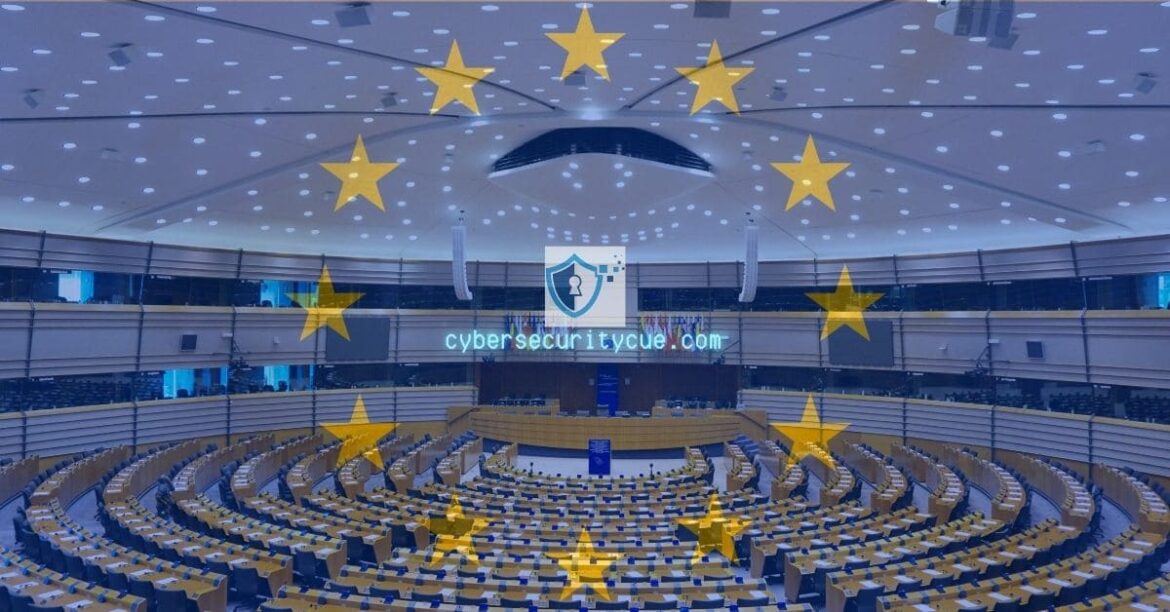Table of Contents
EU Parliament Strengthens Protections for Journalists Against Spyware: The European Parliament has taken a significant step to enhance safeguards for journalists against government surveillance by advancing the European Media Freedoms Act.
This legislative move seeks to curb the use of spyware on journalists and their families, safeguarding their privacy rights while balancing public interest and national security concerns.
Key Takeaways ON EU Parliament Strengthens Protections for Journalists Against Spyware:
- Enhanced Protection for Journalists: The European Parliament has approved measures aimed at providing journalists with robust protection against government surveillance and the use of spyware on their devices.
- Amended Legislation: MEPs have amended the European Media Freedoms Act, instituting a comprehensive ban on spyware use within the EU. Spyware that grants unrestricted access to personal and sensitive data is deemed incompatible with fundamental privacy rights.
- Upcoming Negotiations: Negotiations between the European Council, Commission, and Parliament to finalize the law’s text are scheduled to commence in the near future.
Strengthened Protections for Journalists
The European Parliament has voted in favor of bolstering protections for journalists in the face of government surveillance and spyware usage.
This initiative is part of the proposed European Media Freedoms Act, introduced following instances of journalist hacking in politically sensitive situations within EU member states.
Initial Proposal and Amendments
Initially proposed in September, the legislation sought to prohibit the surveillance of journalists and their families, as well as the use of spyware on their devices, except in cases of public interest or national security.
However, MEPs have since amended the legislation to impose a blanket ban on spyware within the EU. Spyware that grants unfettered access to personal and sensitive data is considered incompatible with the right to privacy.
Negotiations Ahead
The European Council, representing EU member states, had previously expressed a desire to reduce protections against spyware for journalists. Their amended version of the legislation expanded the circumstances in which spyware could be employed against journalists.
Furthermore, it emphasized member states’ sovereignty in determining their national security interests.
In contrast, the Parliament’s version of the law aims to heighten legal protections for journalists, encompassing not only their communications but also their sources.
It mandates that any law enforcement action interfering with sources must be subject to appeal in a court of law.
Protecting Journalistic Sources
Emphasizing the importance of protecting journalistic sources, the amendments highlight that such protection is fundamental for safeguarding the role of investigative journalism in democratic societies.
Encryption and Anonymization
In light of concerns that EU legislation might undermine end-to-end encryption, MEPs have advocated for the promotion and protection of anonymization tools and end-to-end encrypted services used by media service providers and their employees.
This stance is intended to encourage privacy measures at the union level.
Conclusion
The European Parliament’s move to strengthen protections for journalists against spyware marks a significant step toward safeguarding journalistic freedom and privacy.
As negotiations to finalize the legislation proceed, the balance between public interest, national security, and press freedom remains a pivotal consideration.
About the Company
- European Parliament: The European Parliament is one of the key institutions of the European Union, responsible for representing the interests of EU citizens and participating in the legislative process.





